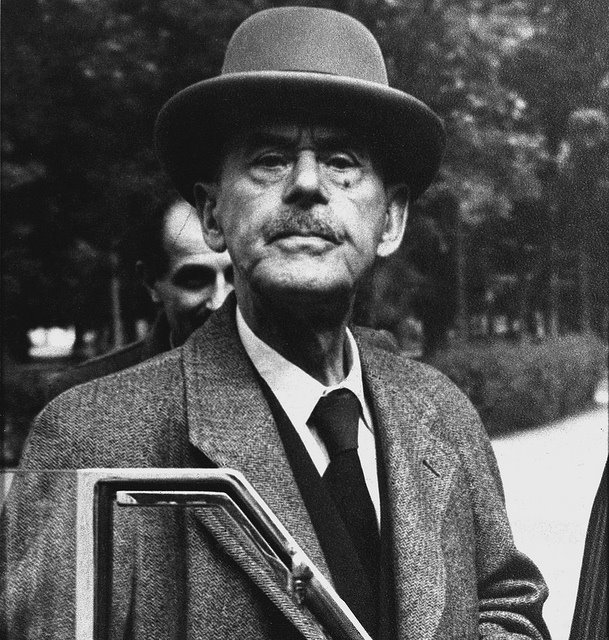
On March 1, Alan Arkin released his memoir “An Improvised Life.” A gray-scale cover photo of Arkin with hands folded, smiling and eyes closed in a button-down shirt has him looking like an elderly, but jovial grandfather, which, in more ways than one, he is.
Younger audiences may recognize Arkin only from his work as Grandpa in “Little Miss Sunshine” (2006), for which he won an Oscar at the 79th Academy Awards in the category of Best Actor in a Supporting Role. He only mentions this role indirectly with one line on page 130, “I recently did a film with 8-year-old Abigail Breslin, who was more of a pro than most of the adults I’ve worked with.” Arkin is not about the awards, but the experiences he has with his coworkers. In real life, he is a grandfather to Molly Arkin, the daughter of one of his three sons.
In his memoir, Arkin skates over typical biographical information. Readers do not find out the exact date of his birth (March 26, 1934), but they know he lived in a time where his family once used a phonograph to play music and that at the age of five while living in Brooklyn, N.Y. he decided to become an actor. The focus is on the evolution of his career rather than his personal life, so although names are dropped in like his first wife, Jeremy, whom he met at Bennington College, Arkin talks more about finding work and moving around the country to provide for his young family than what happened when Jeremy left him.
Writing in the first person has Arkin uncovering his discovery of what it means to play other people and write new characters, and how to teach someone to be comfortable in a scene. The book is set up like a play with a prologue, part one, intermission and part two. The table of contents does not reveal that parts one and two are divided into numbered chapters, probably because the pauses are only necessary for a reader’s eyes; Arkin’s voice is light enough that you can read his work in one day without rushing. Perhaps his experience in writing for children with “Tony’s Hard Work Day” (1972) and “The Lemming Condition” (1976) has him understanding that readers do not always need a serious narrator when talking about a more serious topic. Arkin tackles unplanned pregnancy without being political and the audition process without being a hardened veteran with no interest in the next generation. Outlining the bill of fare as if the book were a stage performance tells us how strongly Arkin cares about his roots as a live performer in music, improv and theater.
Arkin was a member of The Tarriers, a folk trio with whom he penned the song “Day-O” otherwise known as “The Banana Boat Song” in 1957. His next big career move was being a founding member of Second City Improv in Chicago, Ill. in 1959. The group that now brings millions of YouTube users laughs with “Sassy Gay Friend” and “Advice from a Cartoon Princess” was built on the genius of Arkin and his fellow original cast. This experience launched him to his next work as a star on Broadway where he won the Tony in 1963 for Actor, Supporting or Featured (Dramatic) for “Enter Laughing.” Again, Arkin does not mention the award, nor when he switches to film does he talk about his job in the well-known “Catch-22” (1970) or his Golden Globe for Best Performance by an Actor in a Motion Picture – Comedy Or Musical in “The Russians are Coming The Russians are Coming,” (1966). He instead focuses on what it meant in film that one may rehearse a scene until they get it just right before moving on, whereas in improv one has to make material up on the spot and go with it without re-dos.
The last section of the book reveals how Arkin runs his improv workshops with his current wife Suzanne. He goes through anecdotes of his experiences with participants and how they have helped him see what it means to be an actor and why he does his work. For Arkin, it is not about the paycheck or something to pass the time, it is an urgency that he has needed to get out of him since childhood.
This book is not suspenseful, but a chain of consciousness commentary on what it has taken Arkin over 70 years to realize about himself and his profession. He proves he is a well-read man with interests in people that are considered by others to be misfits or outsiders, referencing books on psychology and theology from Freud to Zen and his relationship with the American Indians near his current home in New Mexico. When he includes the names of fellow actors/writers/directors, his audience may not know who he is talking about, but it does not matter. This pleasure read does not require sitting with an encyclopedia or Google search open, simply an interest in the mind’s workings of an icon in the arts now that he has provided us with print material for a higher reading level.
Margaret Clayton can be reached at [email protected].






